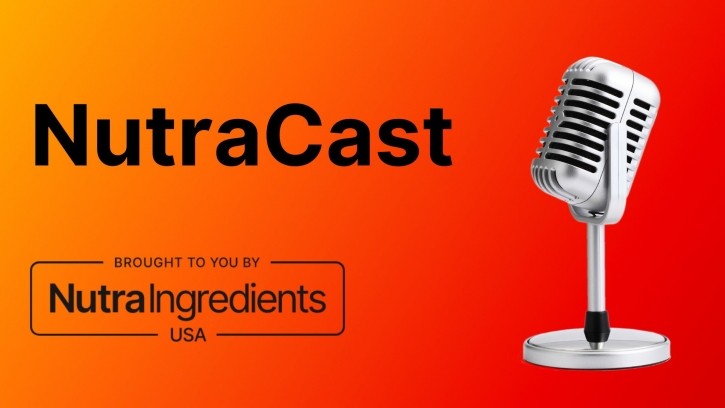NutraCast: USP advocates for regulatory reform in dietary supplement industry

In its new position paper, “Regulatory Reform is Necessary to Help Ensure the Quality of Dietary Supplements,” the USP argues that the current lack of a strong regulatory framework for dietary supplements has created an environment in which a given product may vary dramatically in quality across manufacturers. Because of the growing industry and gaps in the outdated law which limits the authority of the FDA, the USP asserts it is difficult for the Agency to effectively monitor the market and protect public health from products that are compromised by impurities, contaminants, misidentified, substituted or unlawful ingredients.
In terms of regulatory reform, Michael Rashed, Director of Non-Pharma Programs at USP, said that time and practice have exposed some of the cracks in the system.
“The DSHEA law really limits the authority of FDA and makes it difficult for them to effectively monitor the market. So when we talk about policy reform, we really think that it should enhance things like post-market surveillance, increased visibility into the supplement markets. We'll talk about mandatory product listing as an idea as well too, additional labeling requirements, but also increased resources for FDA because if you have increased rules, you actually have to have the resources to actually enforce those rules appropriately,” explained Rashed.
As for the industry, Rashed said there are plenty of options to increase safety and quality, including third-party verification programs, mandatory product listings and additional labeling.
With the existing framework, Rashed recommends the industry get ahead by voluntarily embracing transparency by stating what is in the product and how they're being tested.
“We still want to allow innovation within the industry and allow them freedom to create products that meet the needs of consumers,” said Rashed. “But at the same time, there needs to be a robust regulatory framework around quality and ensuring quality throughout the industry.”
To hear more about the barriers preventing FDA from effectively regulating dietary supplements, USP’s position on a mandatory product listing and how to assure quality across the global supply chain, listen to the NutraCast.
If you enjoy listening to the NutraCast, feel free to leave a review. You can subscribe on Apple, iTunes, Spotify or wherever you get your podcasts.









